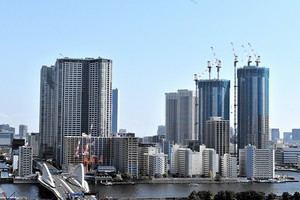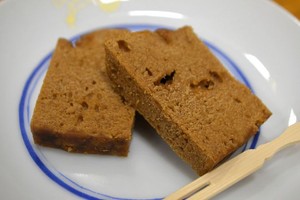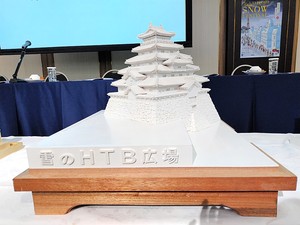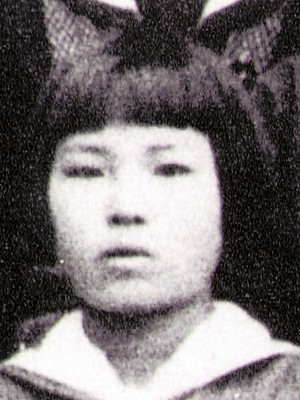THE ASAHI SHIMBUN
September 16, 2021 at 19:07 JST
Shinsei Bank is considering launching a "poison pill" defense to thwart a takeover bid by SBI Holdings Inc., according to sources.
SBI, which is already Shinsei Bank’s top shareholder with a roughly 20 percent stake, announced on Sept. 9 that it will launch a public tender offer to raise its stake in the bank to up to 48 percent.
The major online financial service provider is offering 2,000 yen ($18.30) per share.
In response, Shinsei Bank is considering issuing free new shares to its other shareholders to effectively dilute SBI’s holdings, according to sources close to the bank.
But Shinsei cannot implement the poison pill tactic without winning approval at a general shareholders meeting.
In addition to the 20 percent stake owned by SBI, the government also has a 20 percent stake in Shinsei Bank as the bank’s predecessor received public funds for its corporate rebuilding.
The bank would need to present an estimate showing its share prices will rise above the tender offer price set by SBI to gain widespread support for the poison pill measures from its other shareholders.
Floating the defensive play against SBI should buy it some time. But Shinsei Bank is likely also searching for a "white knight"--a person or company that would step in to rescue the bank.
The bank would need to have a white knight buy its shares at prices above the 2,000 yen offered by SBI with a 40 percent premium. But it would not be an easy task for the bank to find one willing to shoulder an outstanding debt of about 350 billion yen to help it fend off SBI’s takeover bid.
Either way, Shinsei Bank must quickly compile a management improvement plan to boost its corporate value.
SBI’s takeover bid comes as its president, Yoshitaka Kitao, forges ahead with forming a capital and business alliance with regional banks to make his company the fourth megabank in Japan.
It remains confident about the move.
“I don’t think Shinsei Bank’s current top management can draw up a plan to entice investors to buy its shares,” said a senior SBI official. “No one can counter our tender offer.”

Shinsei Bank’s predecessor, the Long-Term Credit Bank of Japan, was one of three major Japanese long-term credit banks before it went bankrupt in 1998 and the government stepped in to help bail it out.
Since then, the bank has struggled to restore itself to its former glory.
In recent years, Shinsei Bank’s share prices have stagnated in the range between 1,000 yen and 2,000 yen, far below the 7,450-yen threshold that the bank needs to reach so it can repay public funds without an additional injection of taxpayers’ money.




















A peek through the music industry’s curtain at the producers who harnessed social media to help their idols go global.
A series based on diplomatic documents declassified by Japan’s Foreign Ministry
Here is a collection of first-hand accounts by “hibakusha” atomic bomb survivors.
Cooking experts, chefs and others involved in the field of food introduce their special recipes intertwined with their paths in life.
A series about Japanese-Americans and their memories of World War II